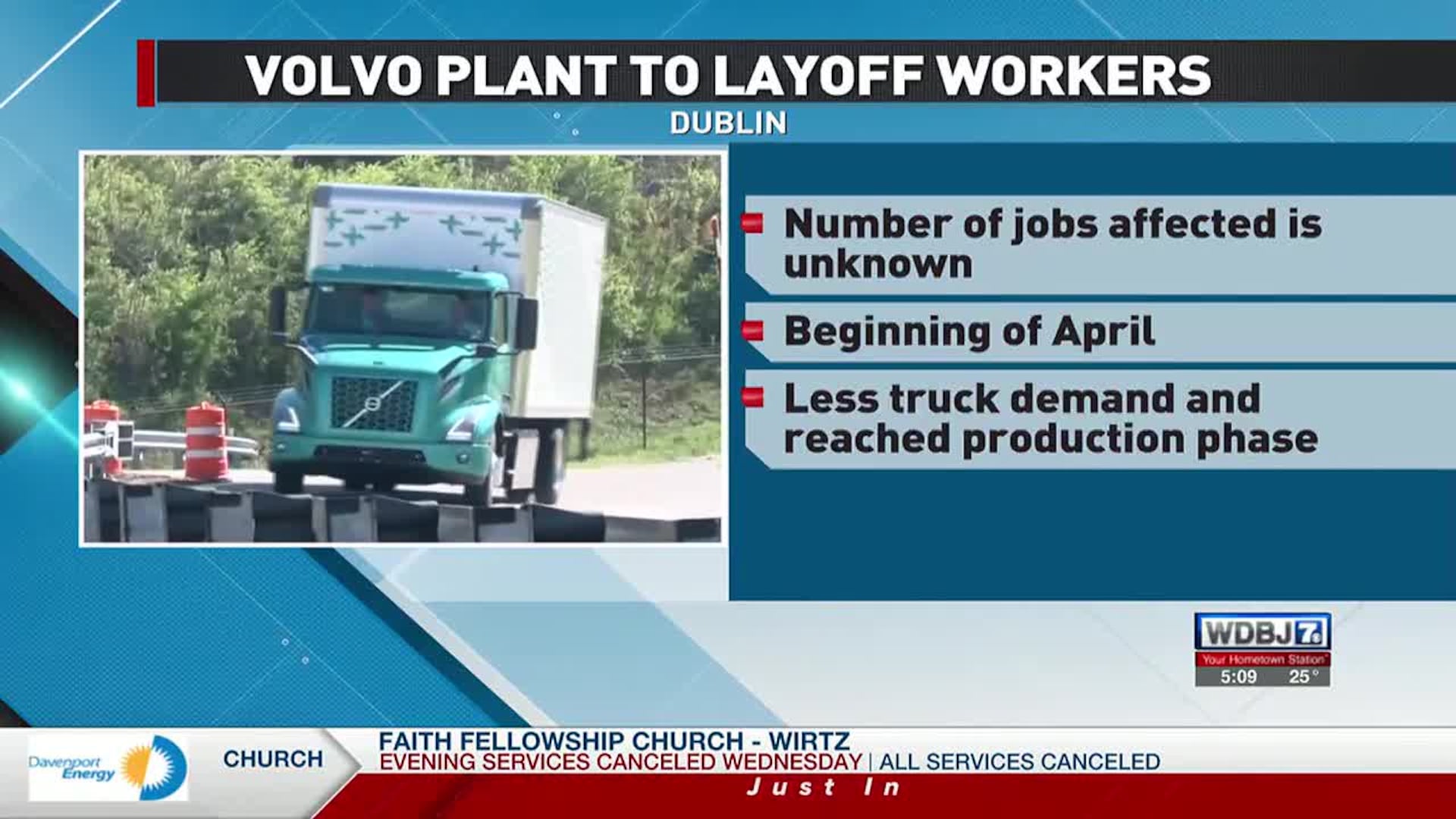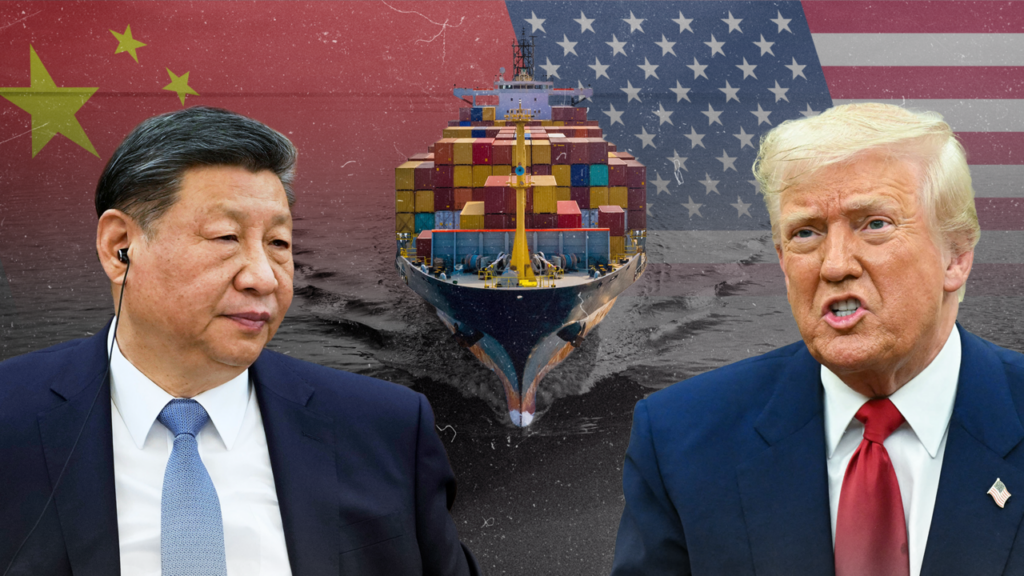Now Reading: Trump Tariff Aftermath: Volvo Slashes 800 U.S. Jobs in Shocking Move
-
01
Trump Tariff Aftermath: Volvo Slashes 800 U.S. Jobs in Shocking Move

Trump Tariff Aftermath: Volvo Slashes 800 U.S. Jobs in Shocking Move
Volvo’s Economic Shocker: Hundreds of American Workers Face Unemployment
In a devastating announcement that has sent ripples through the U.S. manufacturing sector, Volvo Group revealed plans to eliminate up to 800 jobs across three American facilities. The Swedish automotive giant dropped this bombshell on Friday, pointing directly to lingering effects of tariffs implemented during the Trump administration.
Workers at plants in Pennsylvania, Virginia, and Maryland now face an uncertain future as the company prepares to implement these cuts over the next three months. This dramatic downsizing represents a significant portion of Volvo’s American workforce, which currently stands at nearly 20,000 employees.

The Real Cost of Trade Wars: American Jobs on the Chopping Block
The iconic Mack Trucks plant in Macungie, Pennsylvania—a facility with deep roots in American manufacturing history—tops the list of affected locations. Additional cuts will hit Volvo facilities in Dublin, Virginia, and Hagerstown, Maryland, creating a tri-state economic impact that could devastate local communities.
“We regret having to take this action, but we need to align production with reduced demand for our vehicles,” a company spokesperson explained in an email statement that has left many wondering about the future of American manufacturing jobs in an increasingly unstable global trade environment.
Behind Volvo’s Difficult Decision: A Perfect Storm of Economic Pressures
According to industry analysts, Volvo’s decision reflects a complex web of challenges currently facing the automotive sector. The company specifically cited declining orders for heavy-duty trucks, pointing to three critical factors that have created this perfect storm.
Instability in freight rates has created uncertainty throughout the transportation industry, making fleet operators hesitant to invest in new vehicles. Meanwhile, anticipated regulatory changes have many potential buyers in a holding pattern, waiting to see how new rules might affect their operations.
Perhaps most significantly, the financial burden of tariffs implemented during the Trump administration continues to squeeze profit margins and drive up production costs, forcing difficult decisions like these mass layoffs.

A Wider Economic Warning? What Volvo’s Cuts Mean for American Manufacturing
Economists are viewing Volvo’s announcement as potentially symptomatic of broader issues within the U.S. manufacturing sector. The company’s decision comes amid growing concerns about a potential economic slowdown or even recession, with trade policy uncertainty cited as a major contributing factor.
“This is exactly the kind of ripple effect economists warned about when these tariffs were first implemented,” explains Dr. Eleanor Reynolds, industrial economics professor at MIT. “When production costs rise unexpectedly due to trade policy, companies eventually have to make difficult workforce decisions to maintain profitability.”
For the affected workers—many of whom have spent decades building careers in manufacturing—the news represents more than just an economic statistic. These layoffs will impact families and entire communities that have long depended on these stable, well-paying jobs.

Volvo Not Alone: Industry-Wide Concerns Mounting
Volvo’s announcement follows similar moves by other manufacturers grappling with the same economic pressures. Recent reports indicate that thousands of American manufacturing jobs have been eliminated in the past year as companies struggle to navigate supply chain disruptions and trade uncertainties.
Industry groups have been sounding the alarm about the potential long-term consequences of unpredictable trade policies, warning that continued instability could lead to even more significant job losses and possible production shifts to countries with more favorable trade terms.
What Happens Next for Affected Workers and Communities?
As Volvo begins implementing these cuts, local officials in Pennsylvania, Virginia, and Maryland are scrambling to develop support systems for affected workers. State unemployment agencies have already announced plans to provide specialized assistance, including job placement services and retraining opportunities.
For now, hundreds of families face an uncertain future as they await official notices about their specific positions. Volvo has indicated that layoffs will be rolled out gradually over the next three months, with severance packages expected to vary based on years of service.
Meanwhile, economic development officials in the affected communities are actively working to attract new employers, hoping to minimize the long-term impact of these job losses on their local economies.

As this situation continues to develop, one thing remains clear: the complex interplay between global trade policies and domestic jobs continues to reshape America’s industrial landscape, leaving workers and communities to navigate the challenging aftermath of decisions made far from the factory floor.











